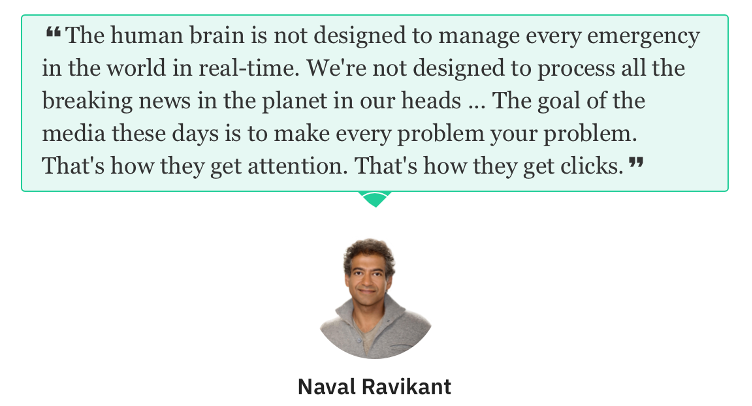At our November Meeting, Corrie MacLaggan from the Texas Tribune talked to us about Media Literacy. Media literacy is the ability to identify different types of media and understand the messages they’re sending. As youth leaders, you take in a huge amount of information from a wide array of sources, including text messages, news sources, memes, Instagram posts & reels, Snapchats, TikTok videos, video games, advertising, and so on. The challenge is that we don’t always know who created the content we see, why they made it, or whether it’s credible. This makes media literacy such an essential skill in this digital age we live in! Check out these resources that Corrie shared with us:
- News Literacy Project – a nonpartisan national education nonprofit, provides programs and resources for educators and the public to teach, learn and share the abilities needed to be smart, active consumers of news and information and equal and engaged participants in a democracy.
- Post Facto Game – a game where you’re the fact-checker.
- Spot the Troll – the quiz where YOU examine images of real social media content and decide whether it’s from a legitimate account or an internet troll.
- How to use your phone to spot fake images? Check out this article by Poynter and use Tineye.com and reverse Google image search.
College Internship Opportunity!
The Texas Tribune offers paid fellowships to college students! Fellows play key roles in the most important work of The Texas Tribune, covering everything from biennial legislative sessions to elections to the impact of the coronavirus on the state. If you are in college or have dreams of becoming a journalist, click here to read about how to apply for the fellowship!

The Social Dilemma: How to Make Social Media Less Addictive
This 10-minute clip from The Ellen Show features a conversation with Tristan Harris, a former Google employee who is one of the prominent people in the hit Netflix documentary, “The Social Dilemma.” The film takes a look at how social media companies are able to influence and manipulate its users. (you should watch this movie – it is on Netflix!) Tristan discussed how he went from being a Silicon Valley insider to becoming president of the Center for Humane Technology. He discussed his mission to re-align technology for the well-being of humanity, what parents should be aware of to help protect kids, and what solutions there are to stop addiction to social media.
How can we build healthier relationships with technology?

While, of course, social media has its benefits, it has also taken over young people’s relationships and is constructing their daily reality – homework, weekend plans, flirting, friendship, their sense of self and belonging – all within a system that is designed to capture and monetize our attention.
Check out this great resource from the Center for Humane Technology with 5 actions you can take today to build a healthier relationship with the media. Click here.

Let us help you promote your work! Tell us about your TAC successes and service work you are doing. We’d love to feature your TAC and social enterprise on our social media & newsletters. Email karina@thepangeanetwork.org to share your news with us!
The Young Women’s Leadership Challenge (YWLC) is a yearlong U.S.-based program for high school aged-girls created and managed by The Pangea Network, composed of a 6-day summer conference, mentoring, monthly meetings, Fall and Spring workshops, and lectures throughout the year.
The Pangea Network is an international non-profit dedicated to empowering motivated individuals in Kenya and the United States with the knowledge, skills and an ongoing network of support in order to achieve their dreams and make positive, life-changing contributions in the communities where they live.

